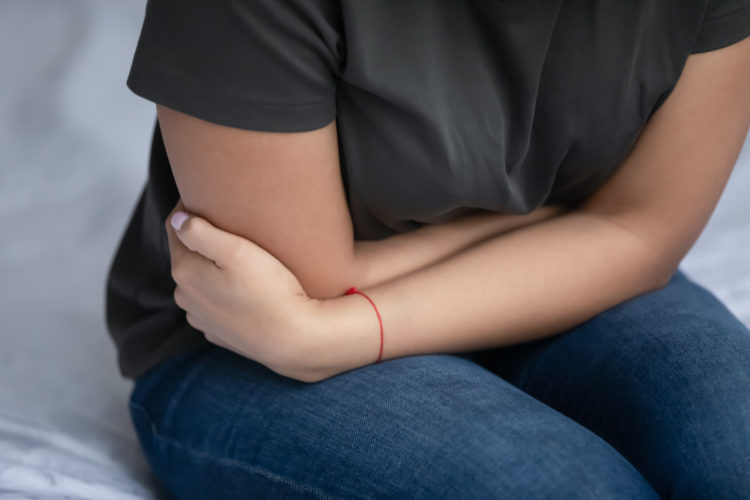
For a long time – too long, in fact – eating disorders were viewed as a challenge suffered primarily by females. Any male suffering from an eating disorder was either misunderstood by counselors or left largely undiagnosed and untreated. Because of the stigma surrounding men and eating disorders, many do not seek treatment; however, those who do seek treatment are more likely to overcome the disorder than those who do not.
Eating disorders do not discriminate
In a culture where an unhealthy focus is placed on having a “perfect body,” 20 million women and 10 million men will battle an eating disorder at some point in their lives. Men are susceptible to all the same eating disorders as women, with research finding much higher statistics than one might expect. Of those diagnosed with binge eating disorder, 40% are male, and as the years go by these numbers continue to increase.
Heartbreakingly, 70-80% of men with anorexia specifically don’t seek treatment, or are diagnosed very late into the disorder, causing a much higher fatality rate in men battling eating disorders.
How do eating disorders affect men?
There is no one cause of an eating disorder for men. Instead, eating disorders are often linked to a variety of experiences and factors, from genetics to personality traits to past history of traumatic or abusive situations.
How men respond to, or show signs of, an eating disorder do differ from women, however, and can be helpful in understanding how eating disorders affect men.
Anorexia nervosa – Anorexia occurs when the body does not receive the proper amount of vitamins, minerals, proteins or calories and, as a result, begins to use up all of the stored fat in the body as a means of keeping itself stable. However, this is not sustainable for the body and results in dramatic and unhealthy levels of weight loss and weakness.
25% of individuals diagnosed with anorexia are male, and are at much higher risk of dying as a result of the disorder. Many of the same behaviors women use to artificially speed up weight loss, such as diet pills, laxatives, fasting and binging/purging, have also been seen in men.
Binge eating disorder – Binge eating disorder includes behaviors like consuming food beyond the point of being hungry, eating large amounts in secret, using food as a coping mechanism and not purging after binging episodes. According to one study, binge eating disorder is three times more common than anorexia and bulimia combined, with men making up 40% of BED cases.
ARFID – Avoidant Restrictive Food Intake Disorder, or ARFID, is restrictive eating patterns or the habit of only eating certain types of foods. This can lead to extreme nutrient deficiency, among other problems. ARFID, though not as common an eating disorder, is worth noting as studies have found younger men to be more at risk for developing ARFID than other populations.
Muscle dysmorphia – One of the reasons eating disorders are not as quickly identified in men as in women is because men don’t as frequently show behaviors stereotypically linked to an eating disorder, namely, extreme weight loss or physical signs of being underweight. For men, while there is a societal pressure of physically looking a certain way, it’s not the same expectations as those placed on women.
Men are more likely to display eating disorder signs through what’s called muscle dysmorphia; muscle dysmorphia, a body dysmorphia subtype, is the condition surrounding the mentality of wanting to be incredibly muscular and fit.
Those with muscle dysmorphia tend to spend excessive time exercising, purchase and use large amounts of bodybuilding supplements, are more likely to use steroids and exhibit abnormal eating patterns.
Getting help for an eating disorder
While it was previously difficult to find treatment specializing in men battling eating disorders, research has emerged and treatment assessments have stopped focusing as much on symptoms only women would experience. Now more than ever, men have access to treatment focused on holistic healing for eating disorders.
Treatment programs, such as those through Seeds of Hope, also take into consideration the personalized needs and recovery goals of each client, making treatment and recovery possible for everyone.
If you would like to speak with a counselor to gather more information or begin your journey to recovery today, contact Seeds of Hope today or call (620) 644-6464.


